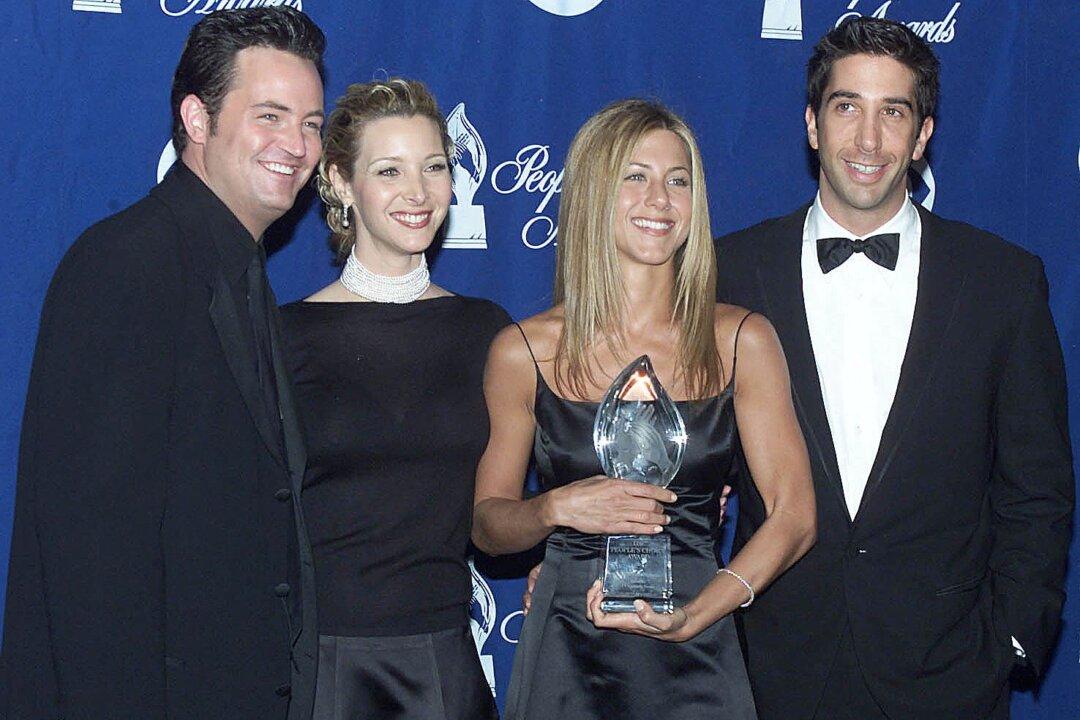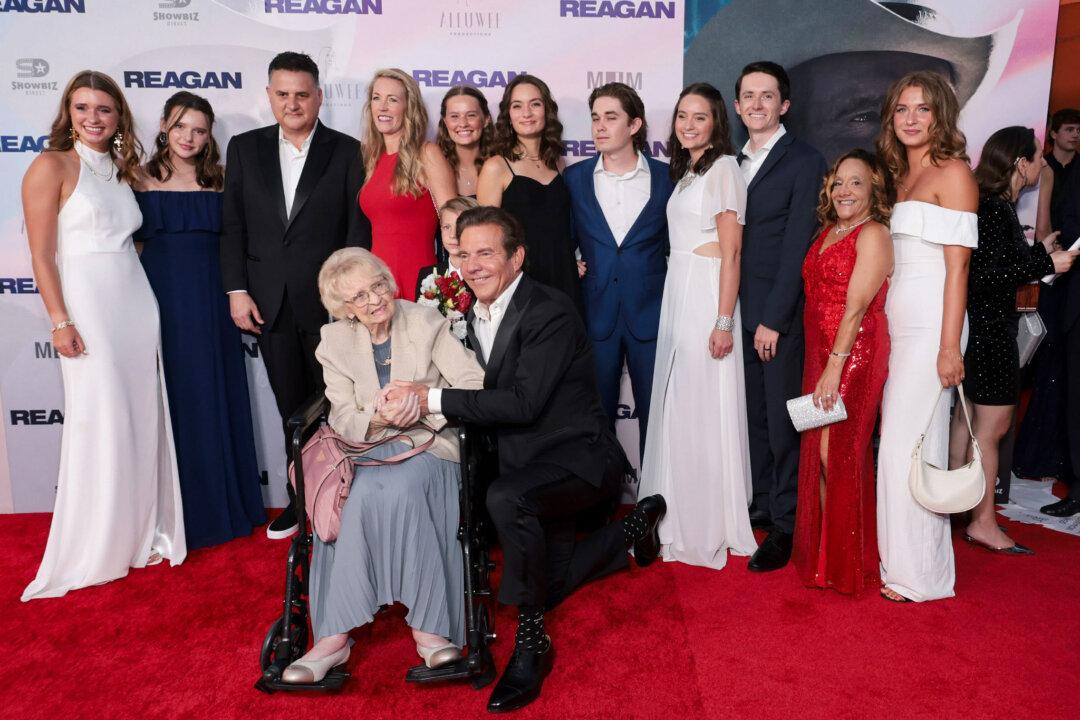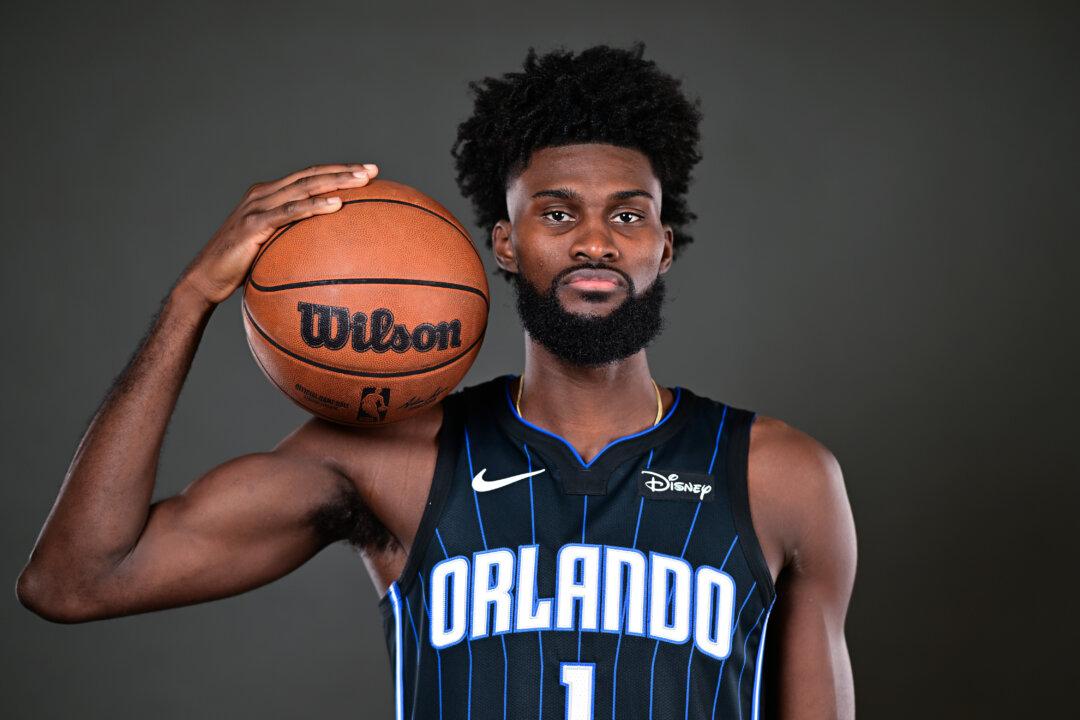In a commercial unveiled on Tuesday ahead of Super Bowl LVIII, actress Jennifer Aniston finds herself in a situation reminiscent of an alternate reality: she appears to have no recollection of her former “Friends” co-star David Schwimmer.
The ad, promoting the versatility of food delivery service Uber Eats, depicts Ms. Aniston encountering Mr. Schwimmer on a bustling Hollywood set. As Mr. Schwimmer attempts to embrace her, Ms. Aniston’s puzzled response is captured on camera. “Have we met?” she inquires, leaving Mr. Schwimmer taken aback by her apparent lapse in memory.
Despite Mr. Schwimmer’s attempts to jog her memory by referencing their decade-long collaboration on the hit sitcom “Friends,” Ms. Aniston remains unable to place him. “You still don’t remember, do you?” Mr. Schwimmer laments, to which Ms. Aniston retorts with a humorous, “Like I could forget 10 years of my life.”
The commercial’s narrative alludes to the iconic on-screen relationship between Mr. Schwimmer’s Ross Geller and Ms. Aniston’s Rachel Green, which ran from 1994 to 2004. “Friends” chronicled the lives of a group of close-knit friends navigating the trials and tribulations of adulthood in New York City. Alongside Ms. Aniston and Mr. Schwimmer, the ensemble cast included Courteney Cox, Lisa Kudrow, Matt LeBlanc, and the late Matthew Perry, who passed away in October.
While the ad jokingly portrays Ms. Aniston’s temporary memory lapse, it serves as a reunion between the two actors, who last shared the screen during a “Friends” reunion special on Max in 2021. The commercial also features appearances by Super Bowl LVIII Halftime Show performer Usher, musician Jelly Roll, and power couple David and Victoria Beckham, each forgetting aspects of their own lives.
Super Bowl LVIII, featuring a showdown between the Kansas City Chiefs and the San Francisco 49ers, is set to air on CBS this Sunday at 6:30 p.m. EST/3:30 p.m. PST.
Friendship and Memory Loss
A plethora of psychological research conducted globally underscores the paramount importance of social connections as a reliable predictor of a long, healthy, and fulfilling life.
A comprehensive review of studies reveals that adult friendships, particularly those characterized by high-quality interactions providing social support and companionship, significantly correlate with well-being. Moreover, such friendships serve as a protective factor against mental health ailments like depression and anxiety, with these benefits persisting throughout life. According to Holt-Lunstad’s meta-analysis, which encompasses more than 308,000 individuals, those lacking friends or experiencing poor-quality friendships face double the risk of premature mortality—a risk exceeding even that associated with smoking 20 cigarettes daily.
Furthermore, friendships play a pivotal role in alleviating stress. Studies indicate that blood pressure reactivity diminishes when individuals interact with supportive friends compared to ambivalent ones.
Despite the evident benefits of friendship, societal trends indicate a rise in loneliness among Americans, with a notable increase in the proportion of people lacking close friends. The social disconnection is exacerbated by technological advancements, such as smartphones and social media, which have led to a decline in social engagement. Notably, school loneliness has surged in numerous countries since 2012, coinciding with the widespread adoption of digital technologies.
The COVID-19 pandemic further exacerbated social isolation trends, providing researchers with an opportunity to assess the impact of reduced social interactions. Studies conducted during the pandemic highlight the critical role of friendships in buffering against psychological distress, particularly among college students.
In addition to fostering close friendships, psychologists advocate for promoting casual social interactions, even with acquaintances and strangers, to enhance well-being. Research indicates that such interactions contribute to happiness and offer valuable opportunities for novelty and connection.




